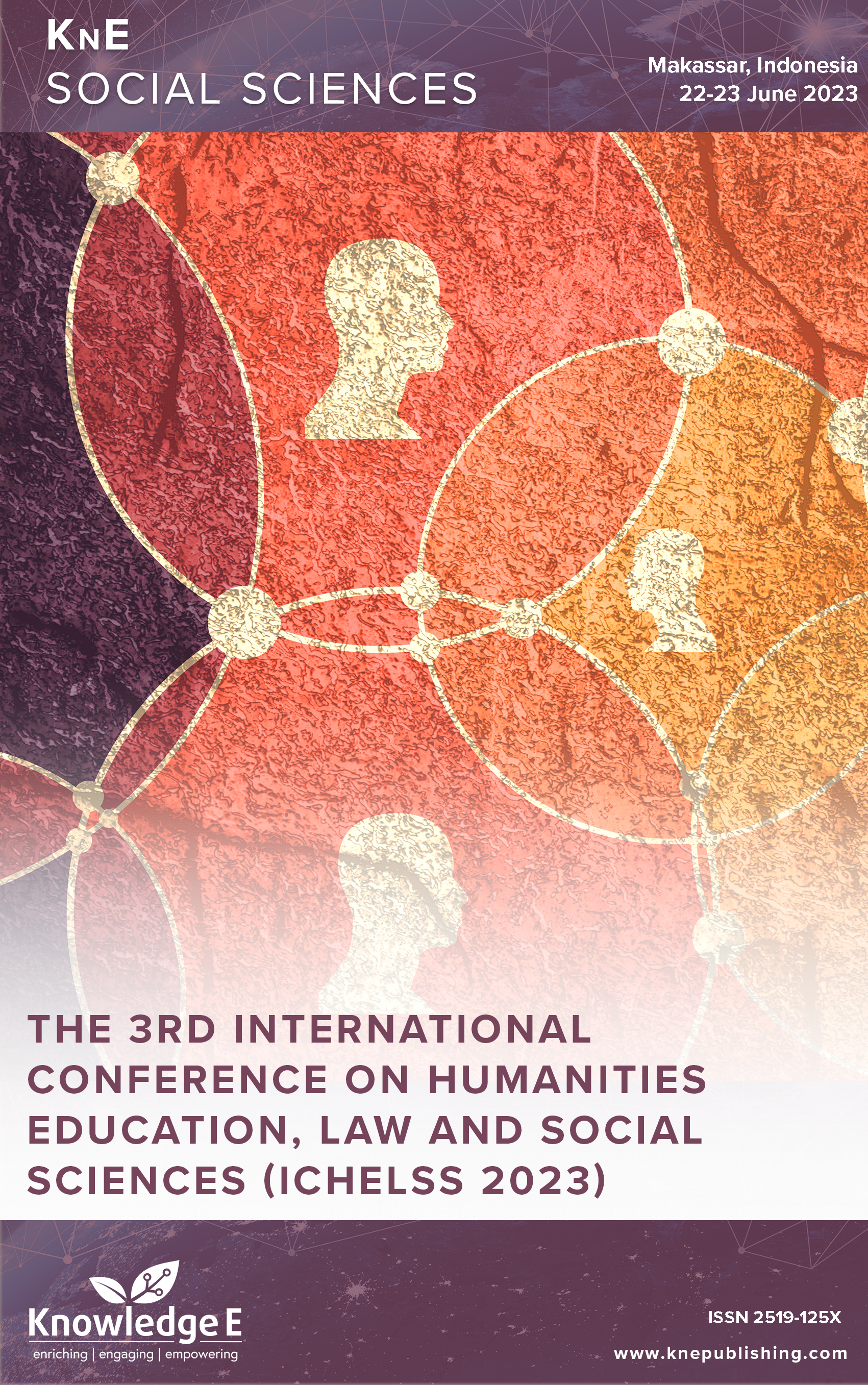Service Quality-Based Public Trust at City Resort Police in Indonesia
DOI:
https://doi.org/10.18502/kss.v9i2.14916Abstract
Public trust based on service quality in organizations assumes that high public trust influences people to follow government policies, respect the law, and strengthen democracy and social stability. Conversely, low public trust can influence people to reject government policies, doubt the integrity of government institutions, and weaken democracy and social stability. The results of this research article explain public trust based on the quality of service in the police institution. Data, information, and knowledge regarding the locus of the Makassar City Resort Police (Polrestabes) were obtained through observation, interviews, and focus group discussions. The data were analyzed descriptively-qualitatively. The results of the study found that the quality of digital-based public services implemented in the institutions studied was able to change the image of the people served. A positive image of the community is built from the provision of physical evidence (tangibles) that meets expectations, empathy that underlies the desire to serve (responsiveness), and attention and ethics of moral behavior (assurance) in providing services to build trust (reliability) and positive appreciation as a form of external responsibility (accountability) from institutions to service recipients. The dimensions of the quality of public services are actualized in several main aspects as the basis of public trust in the Indonesian City Police Resort (Kapolrestabes) with high levels of achievement, namely in the dimensions of responsiveness, professionalism, transparency, community involvement, as well as security and justice. The performance of these institutions has an impact on increasing public trust in the Indonesian National Police (Polri), both individually and institutionally.
Keywords: public trust, service quality, digitalization, institutional, individual
References
Frederickson HG, Ghere RK. Ethics in public management. Routledge; 2014. DOI: https://doi.org/10.4324/9781315704517
Hood C. The blame game. The Blame Game, Princeton University Press; 2010. DOI: https://doi.org/10.1515/9781400836819
Kim S, Kim S. Public trust in government and willingness to pay for environmental protection. Journal of Environmental Management, 177, 367-373 2016.
Yang KH. Public service quality and trust. Public Administration Review, 75(1), 66-78 2015;75:68–78.
Adek P. Pengaruh Kualitas Pelayanan Terhadap Kepercayaan Publik dan Citra Insfansi Dengan Kepuasan Publik sebagai Variabel Mediasi (Studi pada Dinas Kependudukan dan Pencatatan Sipil Kota Padang) 2021.
Adek P. Pengaruh Kualitas Pelayanan Terhadap Kepercayaan Publik dan Citra Insfansi Dengan Kepuasan Publik sebagai Variabel Mediasi (Studi pada Dinas Kependudukan dan Pencatatan Sipil Kota Padang) 2021.
Akib H. Mencermati heuristik transformasi organisasi: Mereaktualisasi perilaku kreatif manusia melalui pendekatan knowledge management. Jurnal Manajemen Usahawan Indonesia 2011;40:225–44.
Parasuraman A, Zeithaml VA, Berry L. SERVQUAL: A multiple-item scale for measuring consumer perceptions of service quality. 1988 1988;64:12–40.
Ridwan DP. Reformasi Birokrasi Polri Dalam Meningkatkan kualitas pelayanan publik pada kepolisian daerah sulawesi selatan. AKMEN Jurnal Ilmiah 2018;15.
Chairuddin MA. Optimalisasi Peran Bhabinkamtibmas dalam Membangun Public Trust. Makassar, Indonesia: 2023.
Chairuddin MA, Syam H, Akib H. Bibliometric Analysis of the Role of the Police in Realizing Public Security and Order. Asian Academic Summit Proceeding 2022;1:1–8.
Jamshed S. Qualitative research method-interviewing and observation. Journal of Basic and Clinical Pharmacy 2014;5:87. https://doi.org/10.4103/0976-0105.141942. DOI: https://doi.org/10.4103/0976-0105.141942
Miles MB, Huberman AM, Saldaña J. Qualitative data analysis: A methods sourcebook. Sage publications; 2018.
Bennis WG, Nanus B. Leader: anatomia della leadership. Franco Angeli; 1987.
Akib H, Guntur M, Salam R. Perception of Civitas Academic about Blissful Service for Recipient at PostGraduate Progr“am State University of Makassar, Indonesia,.” Paper presented at International Conference of Public Organization (ICONPO) VI, Tha Prachan Campus, Bangkok Thailand: Thammasat University; 2016, p. 340–50.
Akib H, Salam R, Basra J, Sanusi AD, Sakawati H. Reactualization of Employee Creative Behavior in Building the Image of Public Service. SHS Web of Conferences, vol. 149, EDP Sciences; 2022. DOI: https://doi.org/10.1051/shsconf/202214903026

